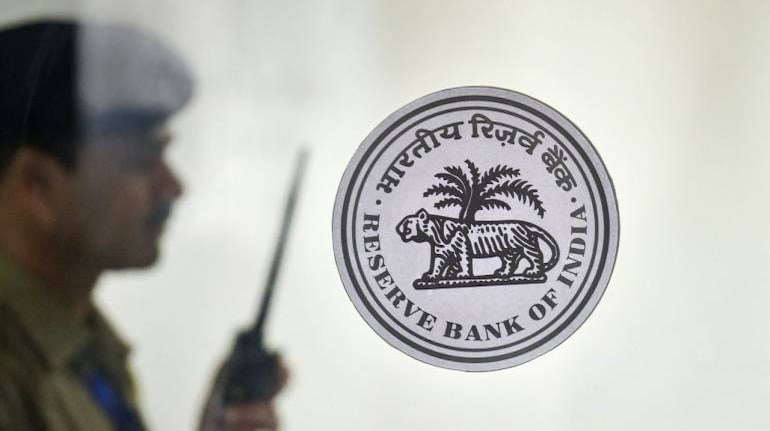



The Reserve Bank of India’s discussion paper on ‘governance in commercial banks in India’ attempts to bring in critical reforms in the governance practices of bank boards and promoters. One of the key points in the discussion paper is separating the ownership from the bank management.
The RBI has proposed to limit the tenure of the promoters of the bank as Chief Executive Officers (CEOs) and Whole Time Directors (WTDs) to 10 years if the person is from the promoter group and 15 years if from the non-promoter group.
Also Read: RBI proposes capping bank promoters' CEO term at 10 years
This is significant. In the past too, experts have opined that it makes no sense to have the promoters also control the bank for a long period or, for that matter, even a non-promoter to stay at the leadership position forever.
The central bank’s logic behind the proposed new norms too appears to be this. “This will not only help in achieving the separation of ownership from management but also reinforce a culture of professional management,” the RBI said in the paper.
What happens after this period? The RBI has promised two years, or till the expiry of their tenure, whichever comes later, to the whole time directors and CEOs from the date of guidelines to identify a successor.
After their tenure comes to an end, the CEOs/WTDs need to wait till the expiration of three years before re-appointment.
“During this three-year period the individual shall not be appointed or associated with the bank in any capacity, either directly or indirectly, advisory or otherwise,” the RBI said.
But, the new rules, if accepted as a guideline, are likely to affect the term of some of the existing CEOs.
For instance, Uday Kotak, the promoter of Kotak Mahindra Bank, has also been the executive vice chairman and managing director of the bank since its inception in 2003-2004.
Kotak was re-designated as managing director and CEO of the bank with effect from May 1, 2018. In other words, Kotak has been at the top of the management for 17 years now.
According to the proposed norms, Kotak may get two more years after the guidelines come to effect to find a successor.
Sanjay Agarwal, MD & CEO of AU Small Finance Bank, also needs to abide by the new RBI rules. But he will have time till 2027.
Among the non-promoter CEOs, there will be a few who will come under this rule. But, none of them will have immediate effect.
Chandrashekhar Ghosh of Bandhan Bank has completed five years as CEO of the Kolkata-based bank, meaning he will have ten more years (non-promoter CEOs are allowed for 15 years), before his term comes to end, which is 2030.
Similarly, Shyam Srinivasan, MD&CEO of Kerala-based Federal Bank and RBL Bank MD& CEO, Vishwavir Ahuja, both will have time till 2025 as both officials have completed a decade in their roles as chief executives.
CEOs for decades...The RBI’s proposals could have originated from the fact that there have been many instances in the past where CEOs of private banks have continued for over a decade or two.
The central bank, going by the language in the discussion paper, isn’t comfortable with the same person continuing at the leadership position for decades and wants to ensure change of leadership at least in every one and a half decade.
For instance, former Yes Bank Chairman Rana Kapoor, a co-founder of the bank, continued in the CEO post for nearly 15 years till he was denied extension by the RBI for alleged corporate governance practices in the bank.
Also Read: RBI cuts short Rana Kapoor's term as Yes Bank CEO and MD to January 2019
Similarly, Aditya Puri, the longest serving CEO of a bank, has been at the helm for the last 26 years. His term is ending this October. The bank is currently in the process of finding a successor to Puri.
Governance in focusBesides this, the central bank has also attempted to draw a line in other key issues. For instance, it has proposed to limit the upper age limit for CEO/WTDs of banks at 70 years.
“Beyond this nobody can continue in the post. Within the overall limit of 70 years, individual bank’s board can prescribe, as an internal policy, a lower age limit for CEO/WTDs,” the RBI said.
It has also sought more accountability on the part of independent directors, among other suggestions.
Discover the latest Business News, Sensex, and Nifty updates. Obtain Personal Finance insights, tax queries, and expert opinions on Moneycontrol or download the Moneycontrol App to stay updated!
Find the best of Al News in one place, specially curated for you every weekend.
Stay on top of the latest tech trends and biggest startup news.